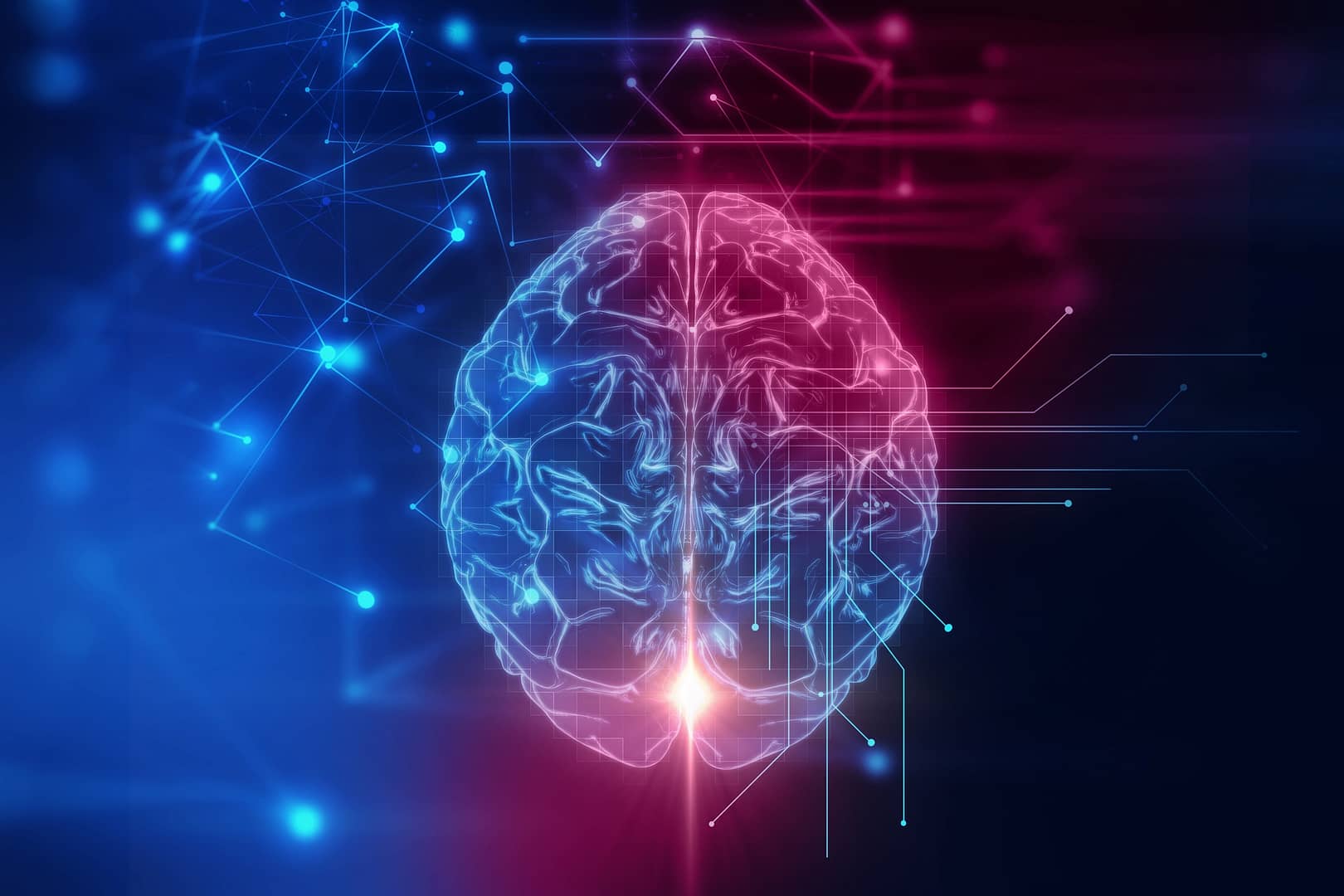The goal for every organization is to create a high-performance culture allowing employees to perform to their fullest potential. When you cultivate a culture that supports skill development and continuous learning, you’re creating a work environment that encourages high productivity and performance. But other factors contribute to high employee performance, including fewer environmentally-influenced traits like IQ, EQ, and personality. While there may not be a clear answer (which is most critical), you may want to consider some important factors when thinking about key contributions to employee performance.
IQ
IQ is a measure of an individual’s intelligence—their ability to learn and synthesize information. Individuals need a certain level of intelligence to function in life and do their jobs effectively. Historically, IQ was considered a strong predictive measure of performance. In the early 2000s, organizations began to recognize that IQ, while an effective measure of cognitive ability, could not effectively measure an individual’s ability to be smart about the needs and motivations of others—key skills needed to succeed in business. The limitations of IQ began to pave the way for an expanded discussion about intelligence based on the introduction of emotional intelligence.
Emotional Intelligence and EQ
Emotional intelligence, measured as EQ (emotional quotient), is the ability to identify and manage your emotions and the emotions of others. It helps you navigate and manage tough personalities at work while guiding your ability to display empathy, demonstrate active listening, and work successfully as part of a team. There is evidence of a strong link between high employee performance and high EQ, as research has found that high emotional intelligence determines 58 percent of success at work.
Some organizations value a high EQ over a high IQ, in large part because intelligence about the motivations, desires, and emotions of others is such a critical success factor at work. In fact, in a CareerBuilder Survey of more than 2,600 hiring managers and HR professionals, 71 percent said they favored emotional intelligence in an employee over IQ.
Personality
A high IQ and EQ are not the only traits that can contribute to an individual’s high performance. Personality—what makes you ‘you’—also impacts performance. Despite many theories on the psychology of personality, the traits comprising our personalities do impact job performance. For example, our level of extroversion and introversion, communication style, and level of conscientiousness affect our behavior at work. In fact, one study found that 37% of variations in job performance are attributable to extroversion personality characteristics.
While personality (who we are) is not exactly the same as behavior (what we do), it can affect job performance and the way we approach our work. For example, when faced with the challenge of giving a presentation at work, an individual with an extroverted personality may feel energized by the prospect of being in the spotlight. Conversely, an individual with an introverted personality might feel less comfortable as the center of attention, and might structure the presentation to pull the audience into a discussion so more views can be heard. Depending on the expectation level, either the extrovert or the introvert will perform better when giving the presentation.
Secret Sauce for High Performance?
Research has shown that environmental factors, as well as IQ, EQ, and personality, contribute to high employee performance. The combination of an individual’s innate characteristics and a high-performance work culture are the main building blocks for employee success at work. When all these ingredients for success merge, when they come together, then an individual is in the best position to learn new skills and behaviors that will lead to continuous performance improvement.
Experiential learning is an ideal tool to support continuous learning and performance improvement. When individuals learn and repeat behaviors, neurons in the brain grow stronger, and performance improves. This is at the heart of experiential learning; individuals learn and practice new behaviors in training, which are reinforced through repetition, coaching, and follow-up after training.
While there are indicators, there is no secret sauce for high performance. Coupled with the fact that each individual is different and possesses a unique mix of capabilities and personality traits, the reality is that IQ, EQ, personality, and work culture must blend together to support individual learning and productivity. Once experiential training is added to the mix, your employees can be well-positioned to learn, practice, and master the behaviors that will contribute to sustainable high performance.

